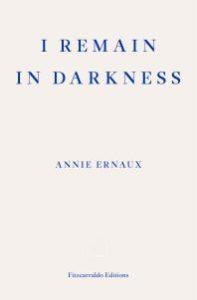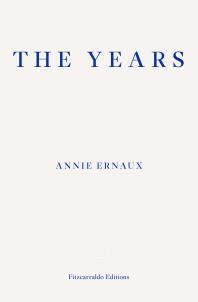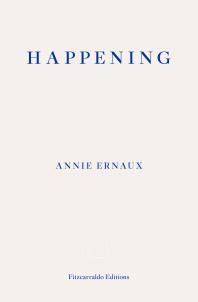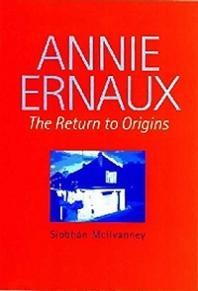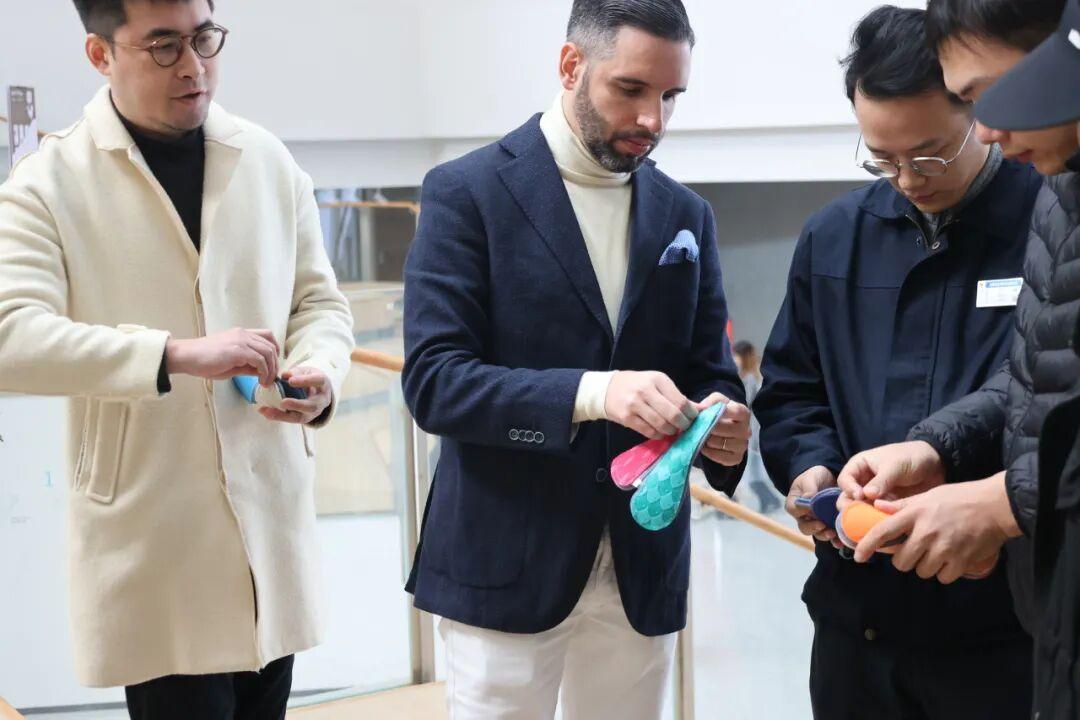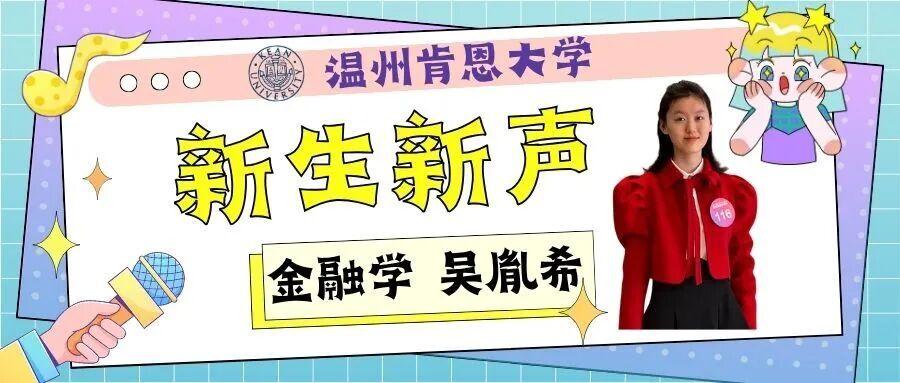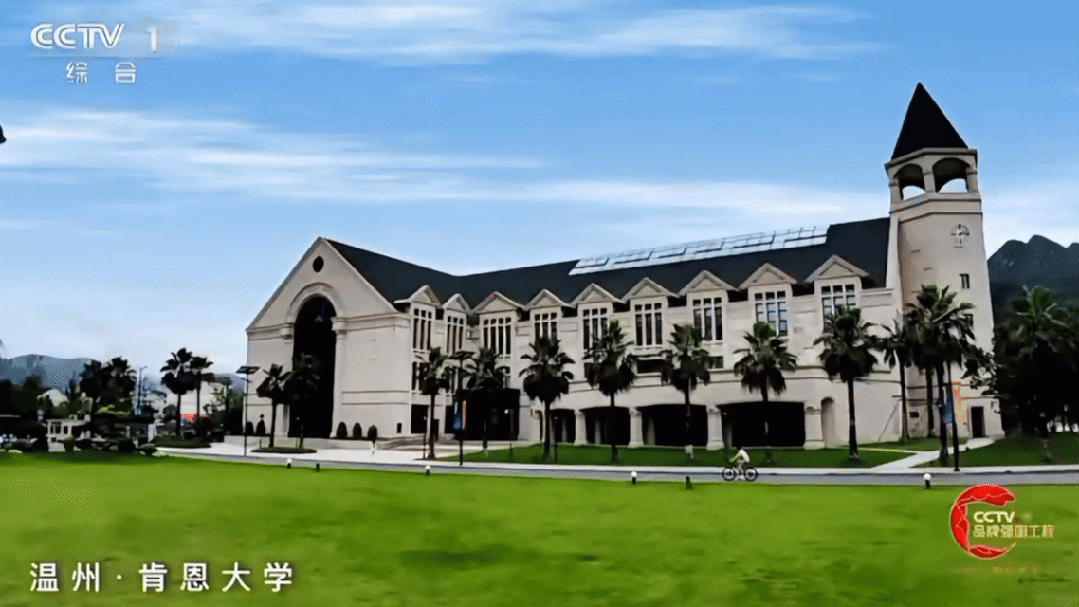World Book Day special recommendation: Annie Ernaux, the winner of 2022 Nobel Prize in literature
Annie Ernaux, a French writer who was awarded the 2022 Nobel Prize in Literature, was born in 1940. She once taught at a secondary school, and become a professor at National Centre for Distance Education. Her books, A Man’s Place and A Woman’s Story, have become contemporary classics in France.
Annie Ernaux’s works you can get from the library online are:
An extraordinary evocation of a grown daughter’s attachment to her mother, and of both women’s strength and resiliency. I Remain in Darkness recounts Annie’s attempts first to help her mother recover from Alzheimer’s disease, and then, when that proves futile, to bear witness to the older woman’s gradual decline and her own experience as a daughter losing a beloved parent.
I Remain in Darkness is a new high water-mark for Ernaux, surging with raw emotional power and her sublime ability to use language to apprehend her own life’s particular music.
The Years is a personal narrative of the period 1941 to 2006 told through the lens of memory, impressions past and present-even projections into the future-photos, books, songs, radio, television and decades of advertising, headlines, contrasted with intimate conflicts and writing notes from 6 decades of diaries.
Local dialect, words of the times, slogans, brands and names for the ever-proliferating objects, are given voice here. The voice we recognize as the author’s continually dissolves and re-emerges. Ernaux makes the passage of time palpable. Time itself, inexorable, narrates its own course, consigning all other narrators to anonymity. A new kind of autobiography emerges, at once subjective and impersonal, private and collective.
In 1963, Annie Ernaux, 23 and unattached, realizes she is pregnant. Shame arises in her like a plague: Understanding that her pregnancy will mark her and her family as social failures, she knows she cannot keep that child.
This is the story, written forty years later, of a trauma Ernaux never overcame. In a France where abortion was illegal, she attempted, in vain, to self-administer the abortion with a knitting needle. Fearful and desperate, she finally located an abortionist, and ended up in a hospital emergency ward where she nearly dies.
In Happening, Ernaux sifts through her memories and her journal entries dating from those days. Clearly, cleanly, she gleans the meanings of her experience.
And here are some related works:
Annie Ernaux The Return to Origins
In this first critical study in English to focus exclusively on Annie Ernaux’s writing trajectory, Siobhán McIlvanney provides a stimulating and challenging analysis of Ernaux’s individual texts. Following a broadly feminist hermeneutic, this study engages in a series of provocative close readings of Ernaux’s works in a move to highlight the contradictions and nuances in her writing, and to demonstrate the intellectual intricacies of her literary project.
Exploring the Interspace: Recent Dialogues around the Work of Annie Ernaux(article)
The French literary scene was marked, in the Autumn of 2002, by a flurry of activity around the controversial writer, Annie Ernaux. Day and Thomas were both fortunate in being able to attend the National Seminar on Literature, Sociology and Theatre: The Social and Political Impact of Annie Ernaux’s Writing in the Construction of Identity Oct 28-30, 2002 in Vincennes and the International Conference: Annie Ernaux: Writing in the Interspace Nov 18-19, 2002 in Arras. They respond to several questions from an imagined “Feminist Review” reader regarding Ernaux.
The individual and the social in Annie Ernaux’s autobiographical writing (article)
This article examines the ideological and aesthetic peculiarities of autobiographical writing in “La Place” by Annie Ernaux, a well-known contemporary French writer. We argue that Annie Ernaux ‘s “flat writing” is close to a sociological or ethnographic study and nearly devoid of any autobiographical subjectivity. Autobiographical writing is approached through the concept of symbolic violence, borrowed from the sociologist P. Bourdieu. Ernaux indeed replaces event history, a feature of autobiography, by the study of socio-historical causes of “class distancing” between father and daughter. The analysis of key concepts of the Ernaux’s poetics makes it possible, on the one hand, to grasp the appearance of social and cultural alienation and, on the other hand, to achieve a social criticism of reality.
WKU Library
References:
- Ernaux, A. (2019). I remain in darkness – winner of the 2022 nobel prize in literature. Fitzcarraldo Editions.
- Annie Ernaux. (2001, September 4). https://www.amazon.com/Happening-Annie-Ernaux/dp/1583222561.
- Annie Ernaux. (November 21, 2017). The Years. https://www.amazon.com/Years-Annie-Ernaux/dp/1609807871
- Annie Ernaux. (November 21, 2017). I Remain Darkness. https://www.amazon.com/I-Remain-Darkness-Annie-Ernaux/dp/1583220526

